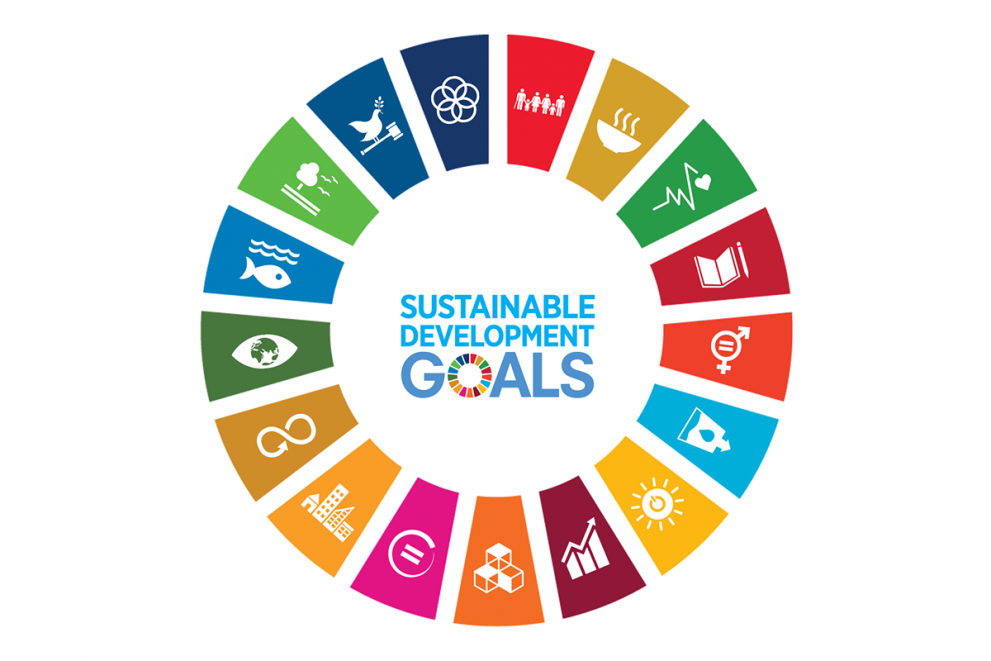buying
clothing
environment
fashion
Sustainability
Clothing is a necessity, there is no doubt about that. For many of us, strolling through shop windows, especially during this time of the year, is undeniable. With events like Boxing Day in England and January sales in France, it’s tempting to splurge on clothing.
But is this sustainable? The cycle of purchasing new clothes each year doesn’t seem quite right. Unless there’s a significant change in body size or shape, buying new clothes becomes more of a habit for many consumers. The ease of online shopping has amplified this trend. With just a click, items can be delivered the next day or purchased through payment systems like Klarna, perpetuating an endless loop of consumption.
Do we genuinely need all these clothes? Directing excess garments to charity or setting a special occasion budget could be alternatives. The environmental toll of fast fashion is considerable. The carbon footprint of the fashion industry is immense, accounting for around 10% of global carbon emissions. The transportation of goods across continents, the energy-intensive manufacturing processes, and the disposal of unwanted clothing significantly contribute to this footprint.
This rampant consumption affects our planet. If you’d like to explore why fast fashion poses an issue, you can delve deeper by reading this article: https://edition.cnn.com/style/what-is-fast-fashion-sustainable-fashion/index.html
Do you have more advice or thoughts on this? Let’s talk about it!










The fast fashion is killing the environment. Indeed, it leads to a massive amount of textile waste, much of which is not biodegradable. Landfills are burdened with these non-biodegradable textiles, contributing to environmental degradation.
Moreover, the fast fashion often involves outsourcing production to countries with lower labor costs. Workers in these countries may face poor working conditions, low wages, and exploitation, which raises ethical concerns in addition.
This is why the EU must take legal action against fast fashion brands like Shein or Zara. Likewise, a major awareness campaign in Europe must be put in place in order to persuade young people but also adults to stop consuming fast fashion.